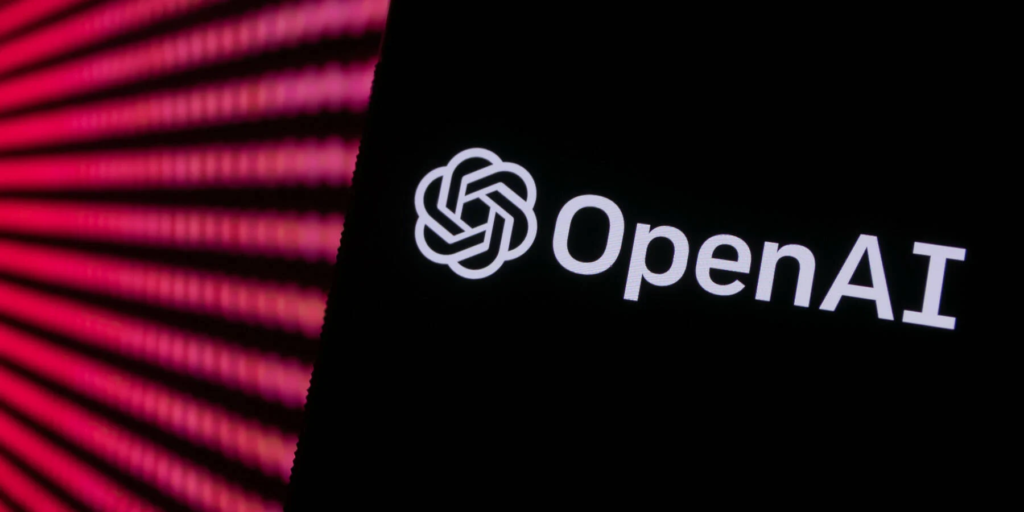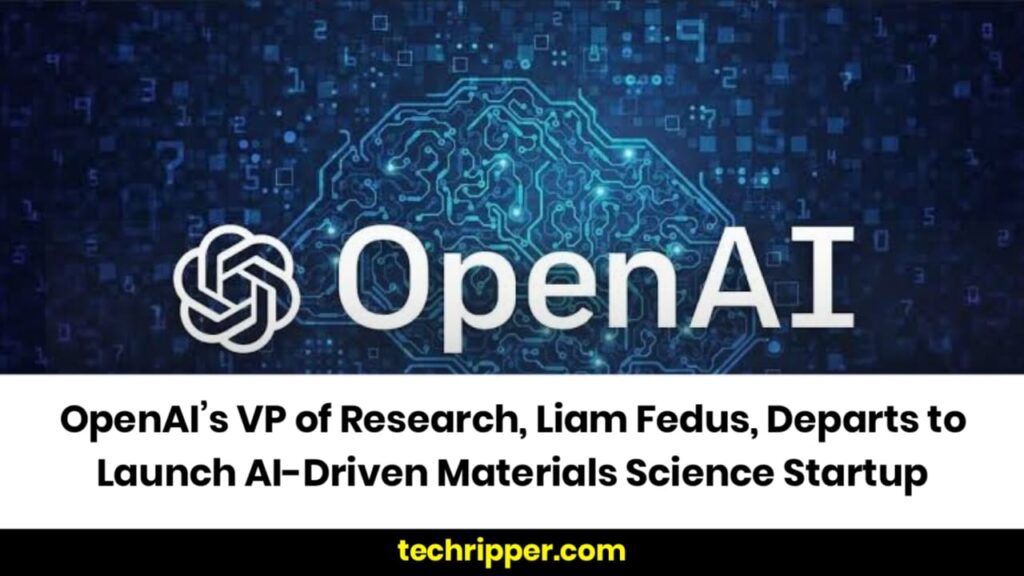Liam Fedus, OpenAI’s Vice President of Research for post-training, has announced his departure from the company to establish a new AI-driven materials science startup. His exit marks a significant shift in the field, as OpenAI has confirmed plans to invest in and collaborate with his new venture, further emphasizing the company’s commitment to AI-driven scientific breakthroughs.
Fedus’ Vision: AI in Materials Science
Fedus confirmed his exit in a statement on X (formerly Twitter), highlighting his background in physics as a driving force behind this transition.
With this move, Fedus’ startup will enter direct competition with industry leaders such as Google DeepMind and Microsoft, both of which have been actively developing AI solutions for materials discovery.

Competitive Landscape in AI-Driven Materials Science
The AI-driven materials science sector has seen rapid advancements in recent years. In 2023, DeepMind’s Gnome AI system demonstrated its ability to identify new crystal structures, paving the way for innovative material discoveries. Similarly, Microsoft recently introduced MatterGen and MatterSim, two AI-powered tools designed to simulate and predict new material properties.
Despite these advancements, some experts remain skeptical about whether AI models can truly drive groundbreaking scientific discoveries. According to MIT Technology Review, AI has accelerated materials discovery, but human verification and experimental validation remain essential for confirming AI-generated findings.
Future Prospects for Fedus’ Startup

While OpenAI has not disclosed the extent of its investment, Fedus’ new venture is expected to focus on AI-driven advancements in energy storage, quantum computing, and sustainable materials.
As the industry continues to evolve, AI’s role in materials science could lead to groundbreaking innovations, and Fedus’ startup may play a crucial role in shaping this transformation.
Also Read : Apple Considered a Port less iPhone 17 Air but Opted for USB-C Due to Regulatory Concerns

